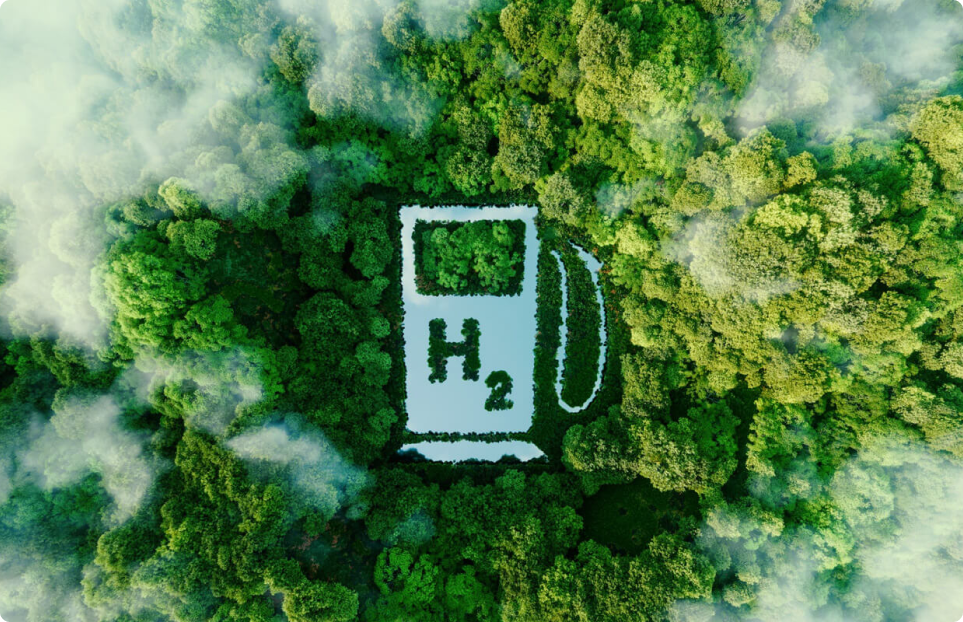
May 31, 2024
Biodiesel and the Environment: A Cleaner Future
Biodiesel is revolutionizing the way we think about fuel. As an advanced biofuel, biodiesel offers a remarkable alternative for diesel users looking to reduce their environmental impact. Let’s delve into how biodiesel contributes to a greener planet and why it’s a sustainable choice for the future.
Greenhouse Gas Reduction
One of the most significant environmental benefits of biodiesel is its ability to reduce greenhouse gas emissions. When compared to traditional petroleum diesel, biodiesel can decrease greenhouse gas emissions by up to 86%. This dramatic reduction is a crucial step in combating climate change and promoting cleaner air.
Cleaner Burning Fuel
Biodiesel is a cleaner-burning option for diesel engines. It can be used without any modifications to existing diesel engines, making it an accessible choice for many users. By switching to biodiesel, we can significantly lower harmful emissions:
- Particulate Matter: Biodiesel reduces particulate matter emissions by 47%. Particulate matter, or soot, is known to cause respiratory issues and other health problems.
- Hydrocarbon Emissions: Biodiesel cuts hydrocarbon emissions by up to 67%. Hydrocarbons contribute to ground-level ozone formation, which leads to smog and adverse health effects..
- Smog Reduction: The overall reduction in harmful emissions contributes to less smog, resulting in cleaner, healthier air.
Non-Toxic and Biodegradable
The environmental benefits of biodiesel extend beyond its use as a fuel. The production process itself is more sustainable compared to petroleum diesel:
Wastewater Reduction: Biodiesel production reduces wastewater by 79%, which means less water pollution and more efficient use of resources.
Hazardous Waste Reduction: The process also cuts hazardous waste production by 96%, leading to a cleaner, safer environment.
Reducing Waste in Production
The environmental benefits of biodiesel extend beyond its use as a fuel. The production process itself is more sustainable compared to petroleum diesel:
Wastewater Reduction: Biodiesel production reduces wastewater by 79%, which means less water pollution and more efficient use of resources.
Hazardous Waste Reduction: The process also cuts hazardous waste production by 96%, leading to a cleaner, safer environment.
Conclusion
Biodiesel is a powerful tool in our arsenal against environmental degradation. By significantly reducing greenhouse gas emissions, lowering harmful pollutants, and offering a non-toxic, biodegradable alternative to traditional diesel, biodiesel is paving the way for a cleaner, healthier planet. Moreover, its sustainable production process highlights its role as a key player in the future of renewable energy.
At Peliswan Impex Pvt. Ltd, we are dedicated to supporting and promoting the use of biodiesel. Join us in making the switch to this environmentally friendly fuel and contribute to a more sustainable future.


